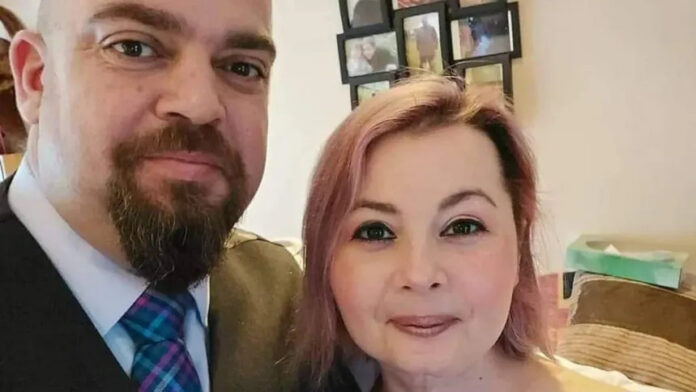A groundbreaking new immunotherapy treatment has significantly extended survival for patients with advanced head and neck cancers, according to results from an international clinical trial being presented at the American Society of Clinical Oncology (ASCO) annual meeting.
Researchers say the drug, pembrolizumab, when administered before and after surgery, has doubled the average time patients remained cancer-free—from 2.5 years to five years. This marks the first major breakthrough in treatment for this aggressive cancer in over two decades.
More than 350 patients from 192 hospitals across 24 countries took part in the trial, known as Keynote, which was led by Washington University Medical School in St. Louis and funded by pharmaceutical company MSD. In the UK, the trial was coordinated by experts at the Institute of Cancer Research in London.
Professor Kevin Harrington, who led the UK arm of the study, explained the treatment strategy: “We give the immune system the chance to have a good look at the tumour to generate anti-tumour immunity, and then, after removal of the tumour, we continue to amplify that immune response by giving the drug continually for up to a year.”
One of the trial participants, Laura Marston, 45, from Derbyshire, shared her remarkable story. Diagnosed in 2019 with advanced tongue cancer, Laura was given only a 30% chance of surviving five years. After undergoing major surgery to remove her tongue and nearby lymph nodes, she received pembrolizumab as part of the trial.
Six years on, Laura is cancer-free and working full-time. “It’s been phenomenal for me, because I’m here, able to talk to you,” she told the BBC. “Just having this amazing immunotherapy has given me my life back again.”
Head and neck cancers, which affect around 12,800 people in the UK annually, are notoriously difficult to treat. More than half of patients with advanced forms of the disease do not survive beyond five years. The new treatment not only extended life expectancy but also reduced the risk of cancer spreading to other parts of the body by 10% after three years.
Professor Harrington said the results are “really exciting” and hopes the treatment will soon become available on the NHS. “It significantly decreases the chance of cancer spreading around the body, at which point it’s incredibly difficult to treat,” he said. “This could change the world for these patients.”
The research community hails the findings as a major advance in cancer care, offering renewed hope for thousands facing this devastating diagnosis.
Written By Rodney Mbua



















